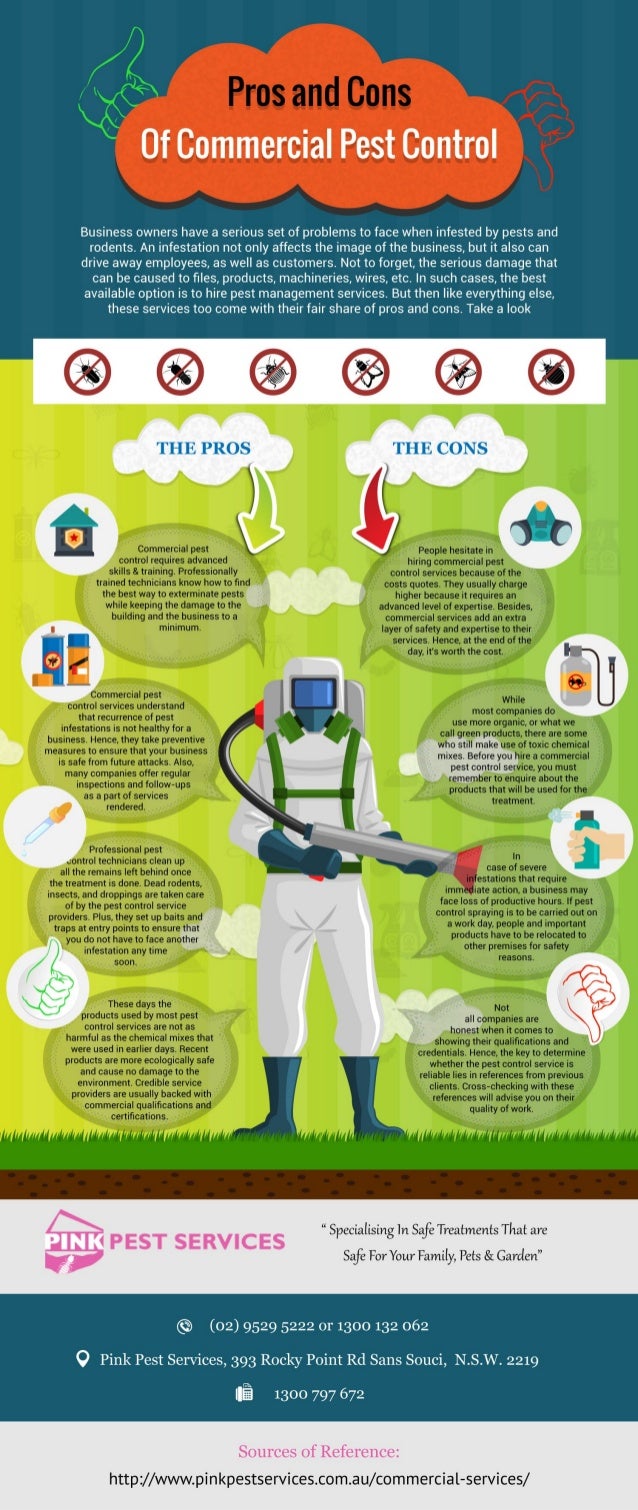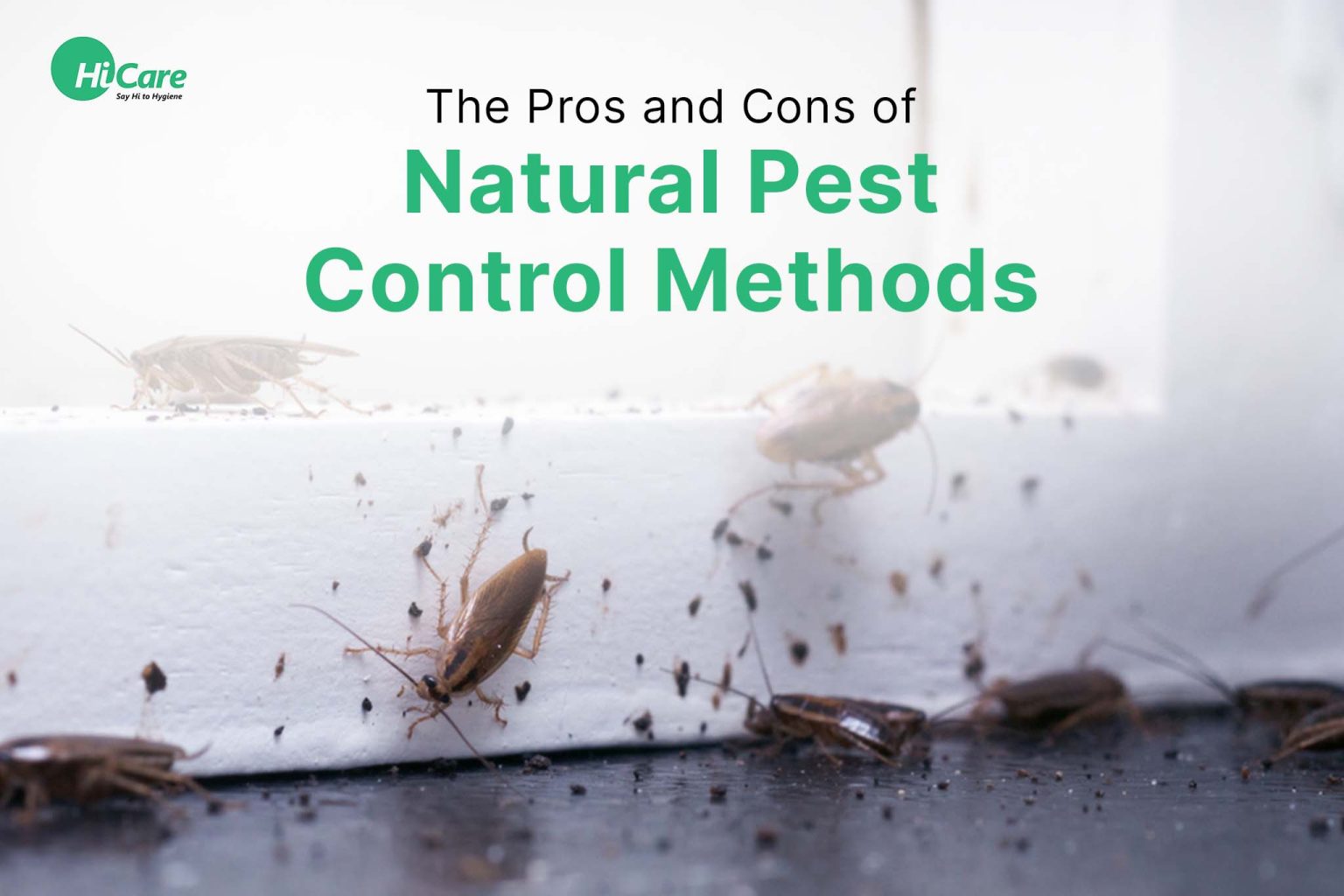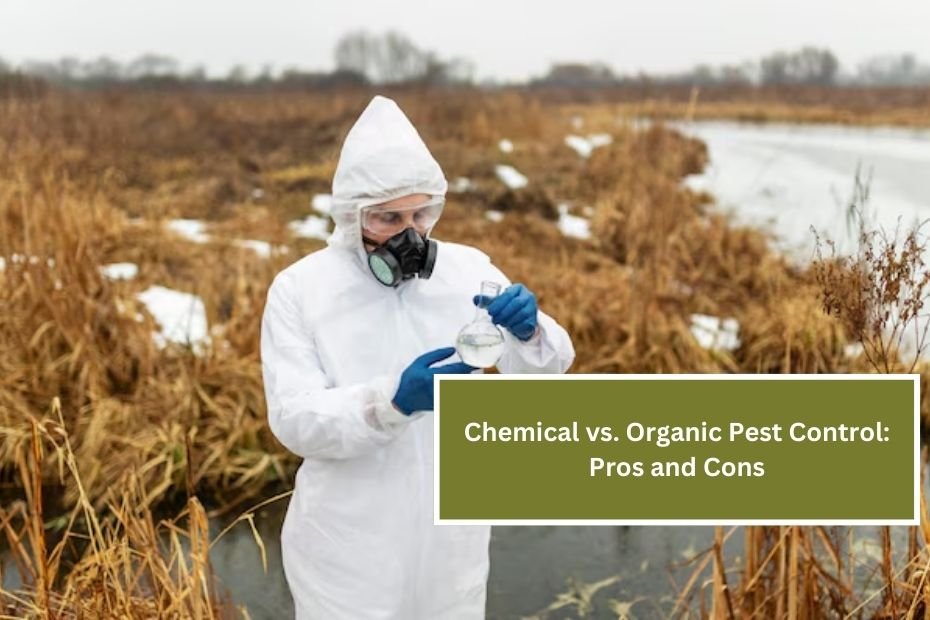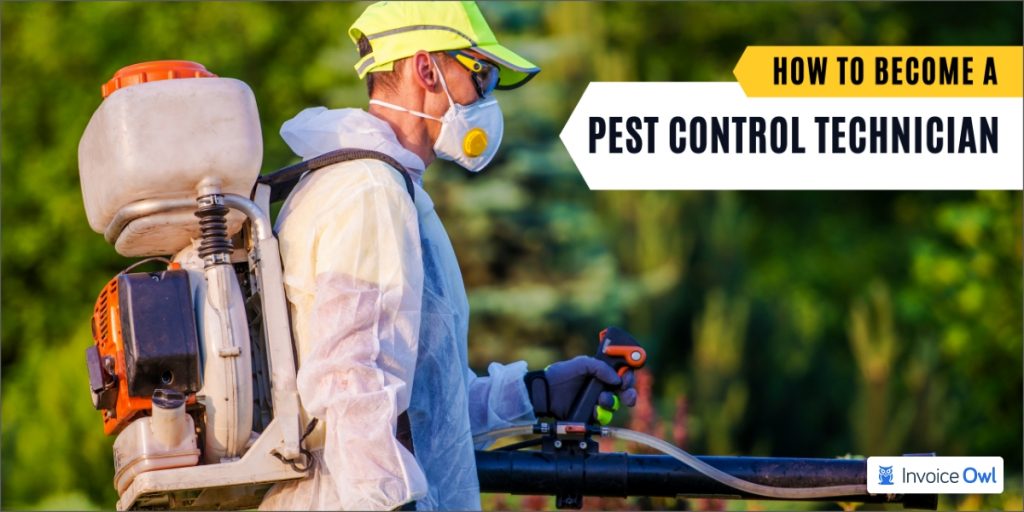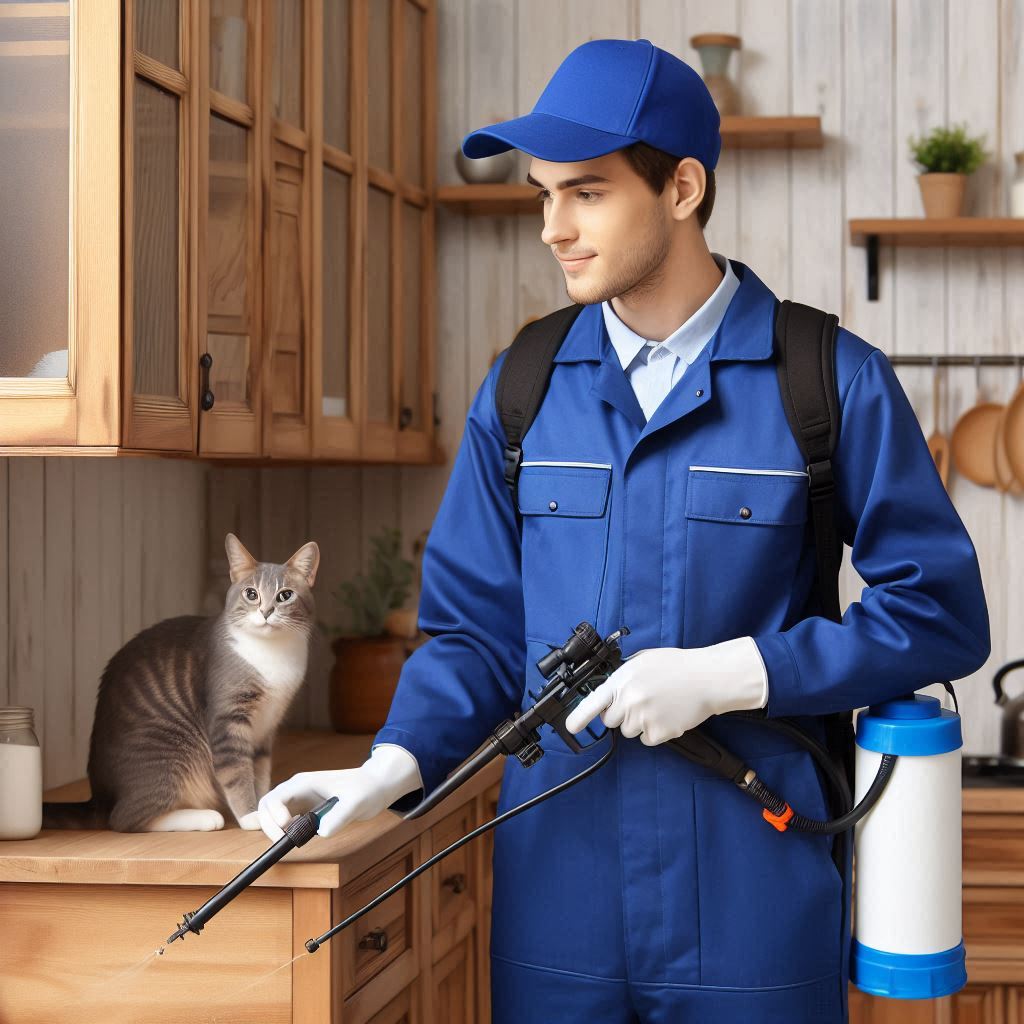Pros And Cons Of Being A Pest Control Technician

The morning sun casts long shadows across Mrs. Gable's manicured lawn, glinting off the chrome of a parked truck labeled "Dependable Pest Solutions." Inside, Mark, a pest control technician with five years under his belt, pulls on his gloves, the scent of citronella and something a little sharper already clinging to the air. He knows today's call is about more than just ants; it's about restoring a sense of peace to a home invaded by unwelcome guests.
Being a pest control technician is a career often overlooked, yet it plays a crucial role in maintaining public health and property. However, the job comes with its own set of advantages and disadvantages, requiring a unique blend of problem-solving skills, physical stamina, and a tolerance for the less glamorous side of the natural world.
The Upside: A Career with Bite
One of the most appealing aspects of this profession is its job security. Pests, unfortunately, are a constant presence, ensuring a consistent demand for skilled technicians. According to the National Pest Management Association (NPMA), the pest control industry is projected to continue growing, offering stable employment opportunities.
The work itself is far from monotonous. Each day presents a new challenge, a new puzzle to solve. From identifying the species causing the problem to determining the most effective treatment strategy, technicians are constantly engaged in problem-solving.
This variety keeps the job interesting and prevents burnout. Moreover, the feeling of helping people protect their homes and families from pests can be incredibly rewarding.
Many pest control companies offer competitive salaries and benefits packages, including health insurance, retirement plans, and paid time off. Opportunities for advancement are also available, with technicians able to specialize in specific areas like termite control or move into management positions.
The freedom and independence that comes with the job is another significant advantage. Technicians often work independently, managing their own schedules and routes.
This autonomy allows for a flexible work-life balance, provided they are efficient and organized.
The Downside: Stings and Sprays
Despite its many benefits, being a pest control technician is not without its challenges. The job can be physically demanding, requiring technicians to work in confined spaces, climb ladders, and carry heavy equipment.
Exposure to pesticides and other chemicals is another potential drawback. While technicians are trained to handle these substances safely, there is always a risk of accidental exposure.
Adhering to strict safety protocols, including wearing protective gear and following proper application techniques, is crucial to minimizing these risks.
Dealing with unpleasant and sometimes dangerous pests is another aspect of the job that requires a strong stomach. Technicians may encounter rodents, insects, and even venomous snakes.
The work can also be emotionally taxing, particularly when dealing with infestations that have caused significant damage or distress to homeowners. Explaining treatment plans and managing customer expectations are important aspects of the job, requiring strong communication skills and empathy.
The job is heavily influenced by weather conditions. Extreme heat or cold can make outdoor work challenging and uncomfortable. Rain and snow can also disrupt schedules and make treatments less effective.
A Career with a Purpose
Ultimately, the decision of whether or not to pursue a career in pest control is a personal one. It requires a careful consideration of the pros and cons, as well as an honest assessment of one's own strengths and weaknesses.
For those who enjoy problem-solving, working outdoors, and helping people, it can be a highly rewarding and fulfilling career. However, it is important to be prepared for the physical demands, potential hazards, and emotional challenges that come with the job.
Mark finishes adjusting his respirator, a familiar ritual before entering Mrs. Gable's home. He knows today will be challenging, but he also knows he's providing a valuable service. He's not just killing bugs; he's restoring a sense of comfort and security. And that, he thinks, is a pretty good day's work.

